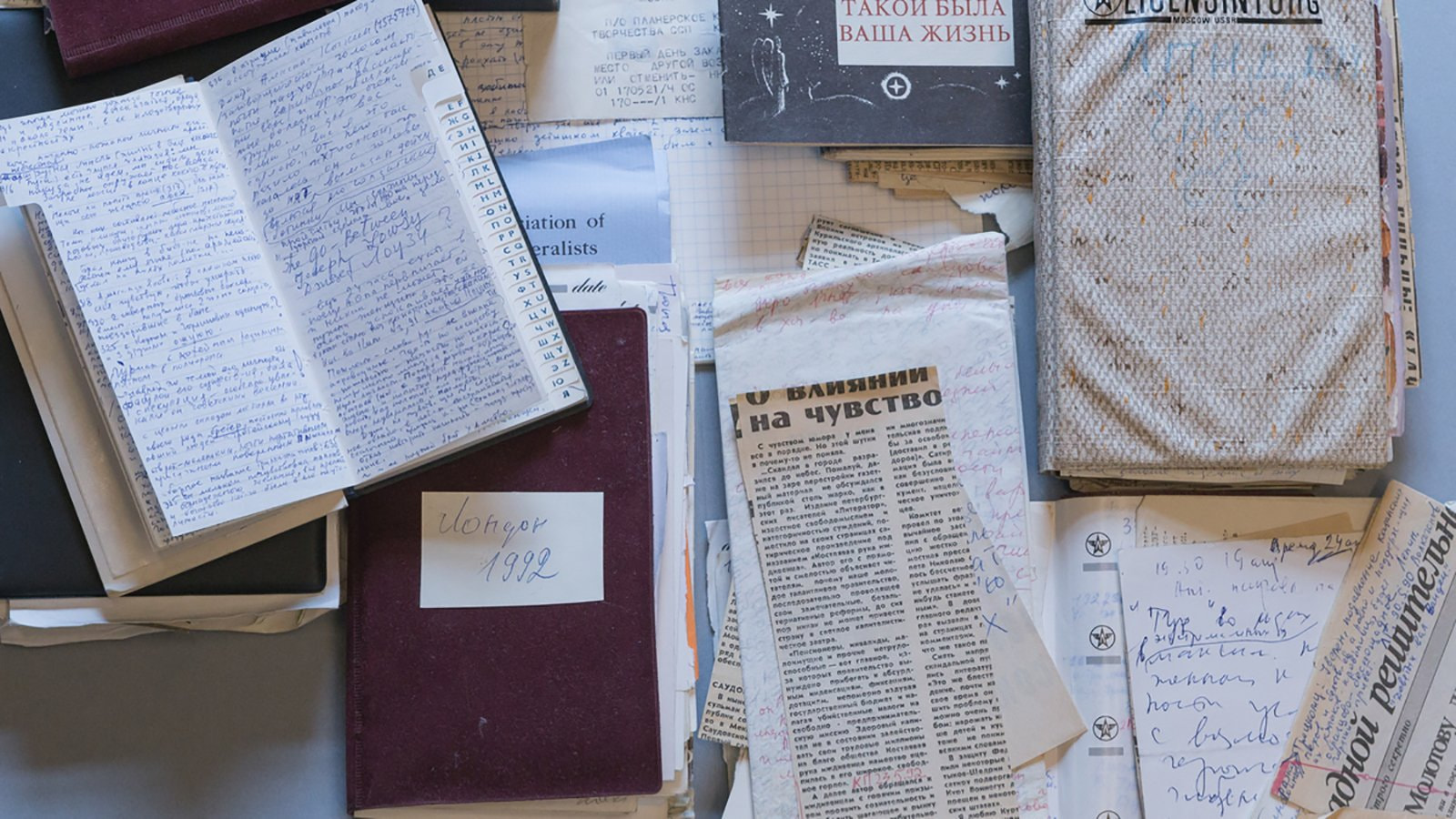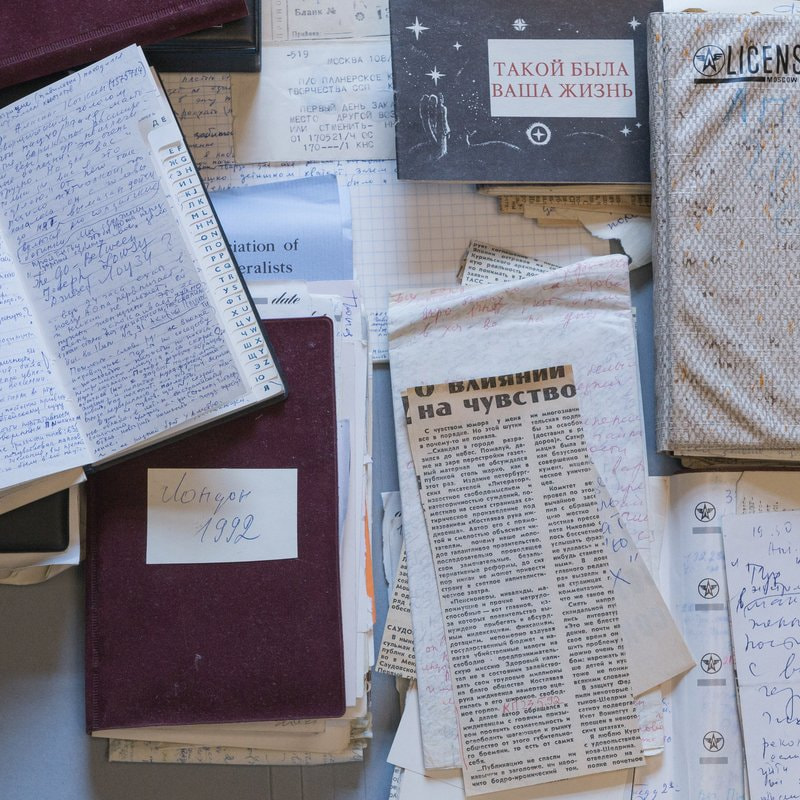On August 28, the Second Conference of the Russian Art Archive Network, The Archive as an Instituent Practice, will take place in Nizhny Novgorod. It will bring together partners and participants of the RAAN project and independent researchers and museum and contemporary art professionals from Yekaterinburg, Krasnoyarsk, Moscow, Perm, Saratov, and other Russian cities. The program partner of the event is Tikhaya Studio.
Can an archive be a supra-institutional initiative? And if not, what could alternative models of the preservation of the contemporary art process outside existing official structures look like? The Second Conference of the Russian Art Archive Network envisages the archive as an instituent practice. Developing the concept introduced by Gerald Raunig, we will attempt to see archival work as a positive example of “dropping out of the game.” The aim of the conference is to explore the instituent practices of the archive, focusing on its ability—unrestrained by censorship— to turn ephemeral efforts into strong collectivities; to look at how, through collecting discrete memories and artifacts, we become a community and how communities speak to each other through the archive.
Institutes and institutions are often understood in legal terms or as established power systems of values, particular orders of things. The conference invites participants to approach institutionality within the archive as the process of developing a common language that is relevant to its contemporaries. We will discuss the archive’s ability to preserve atomized effort as a unity, the e,” and the way its participants care for one another.
Contemporary archives are by their nature contradictory. They aim to be open and egalitarian yet preserve specific artifacts of culture. They aim to offer a broader context and construct a social environment, but unwillingly canonize specific names that represent a scene. Remaining critical with regard to the abilities and legitimacy of any collection and taking into account different methods and experiences, we want to start a conversation on the preservation of the art scene through the medium of the archive and the means of preserving the contemporary as such. Where do we begin?
The conference will consider:
- How discrete individual practices can become a unified phenomenon within the archive.
- The tactics and strategies of the loving earthing-up of the scene—care as the archive’s organizing principle.
- Artistic use of the archive and documentation.
- The archive as a non-speculative public sphere and an alternative to institutional structures.
- How the archive can help us return to marginal and supressed histories to open up alternative perspectives.

